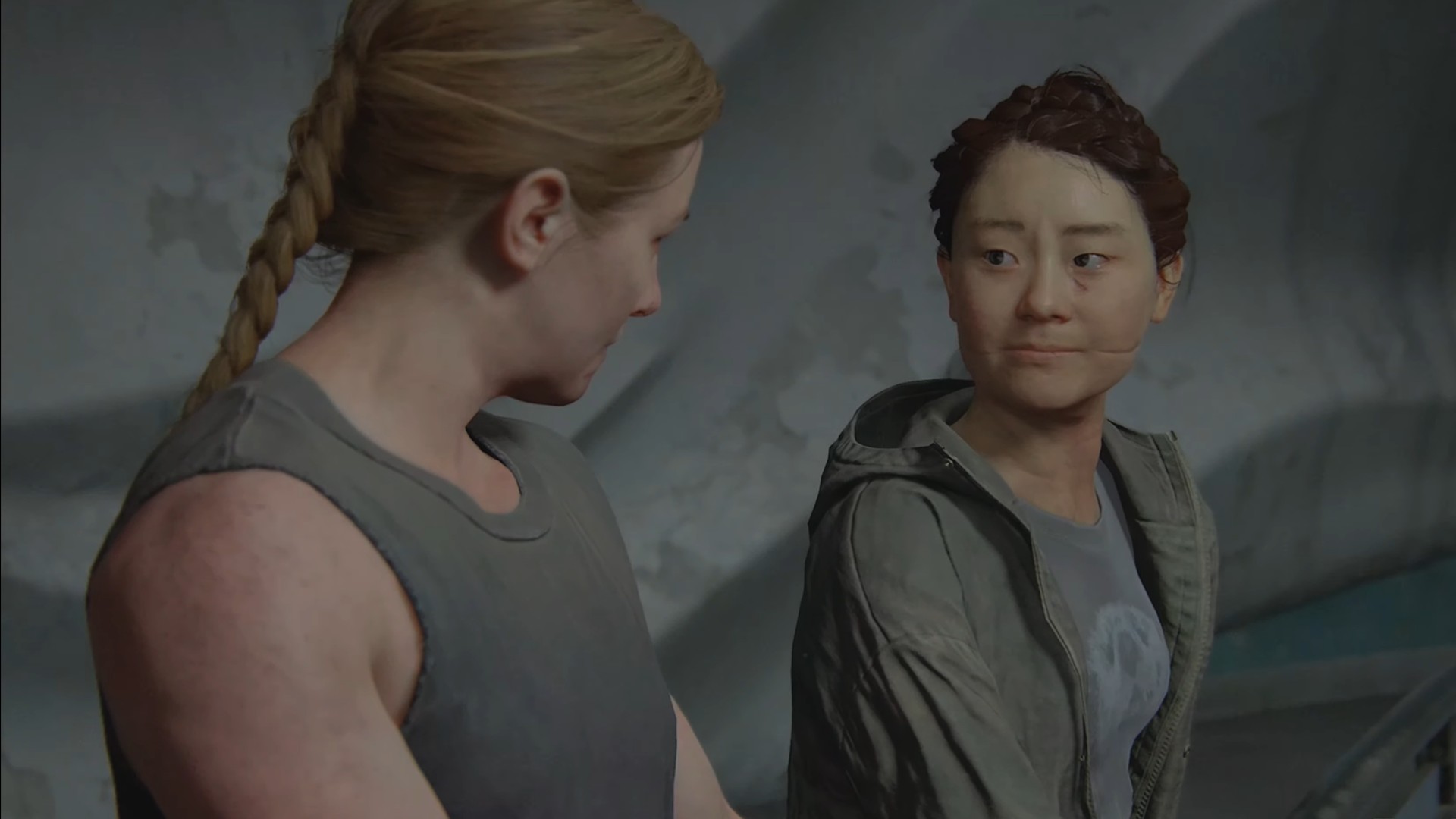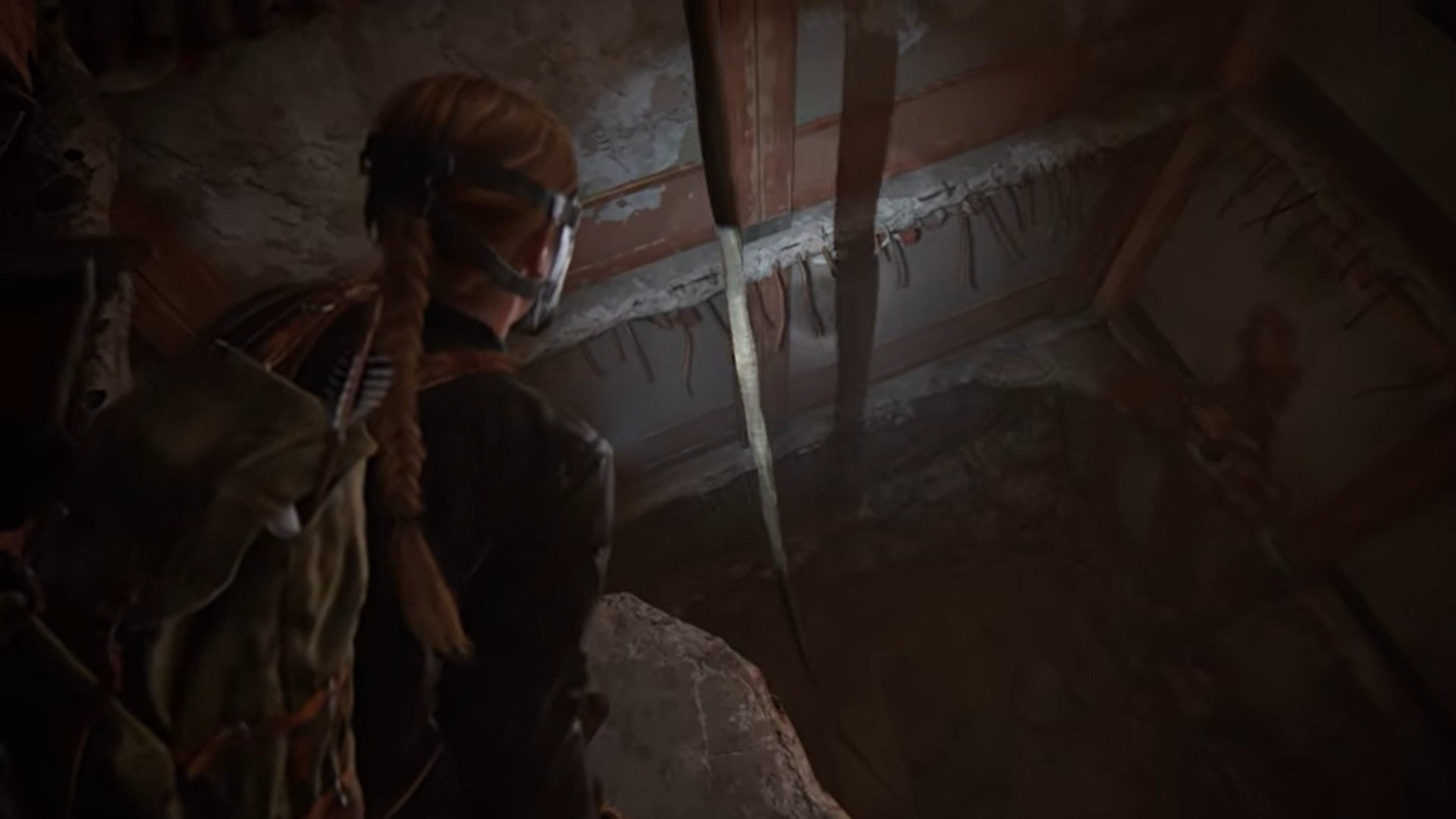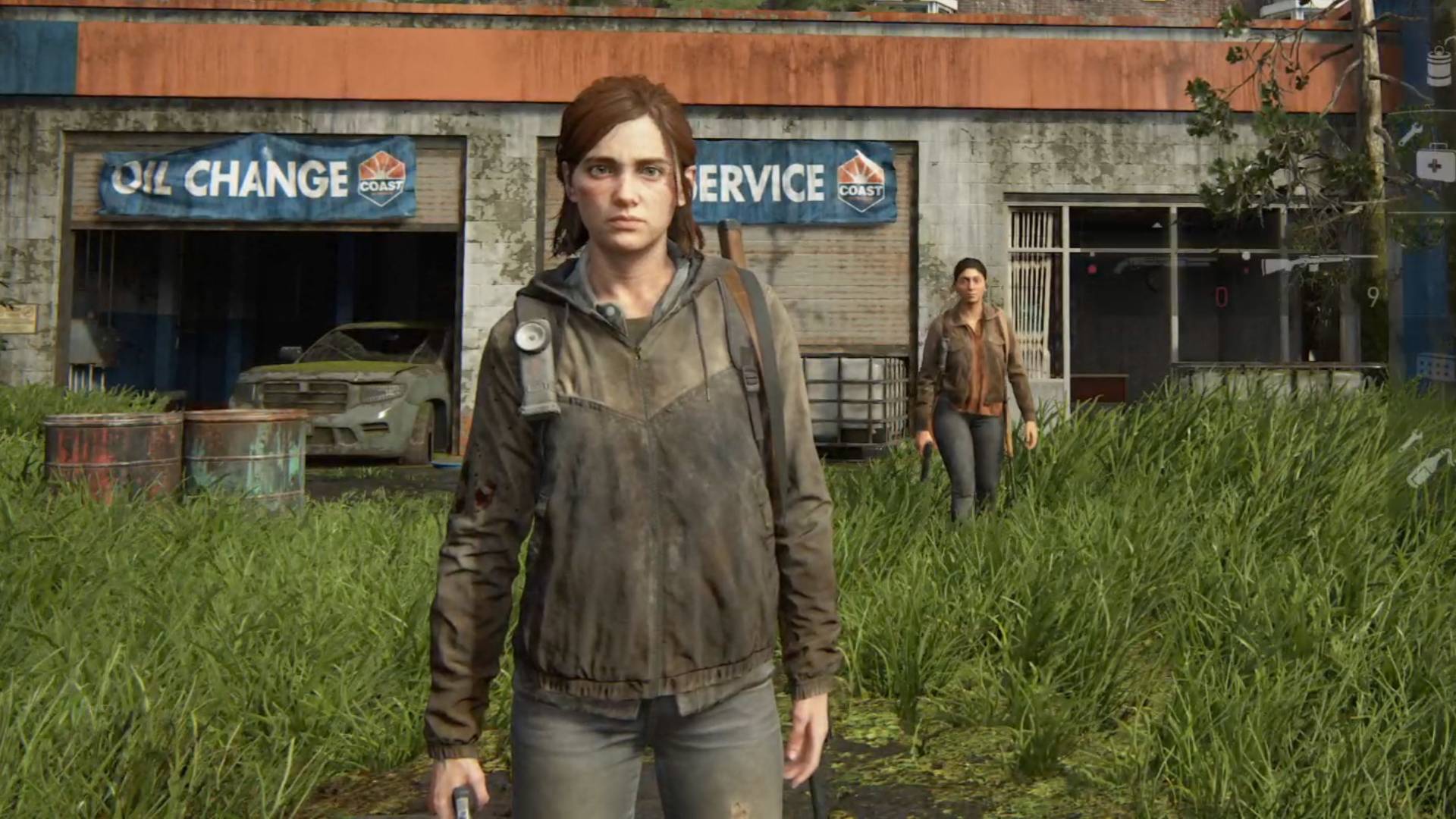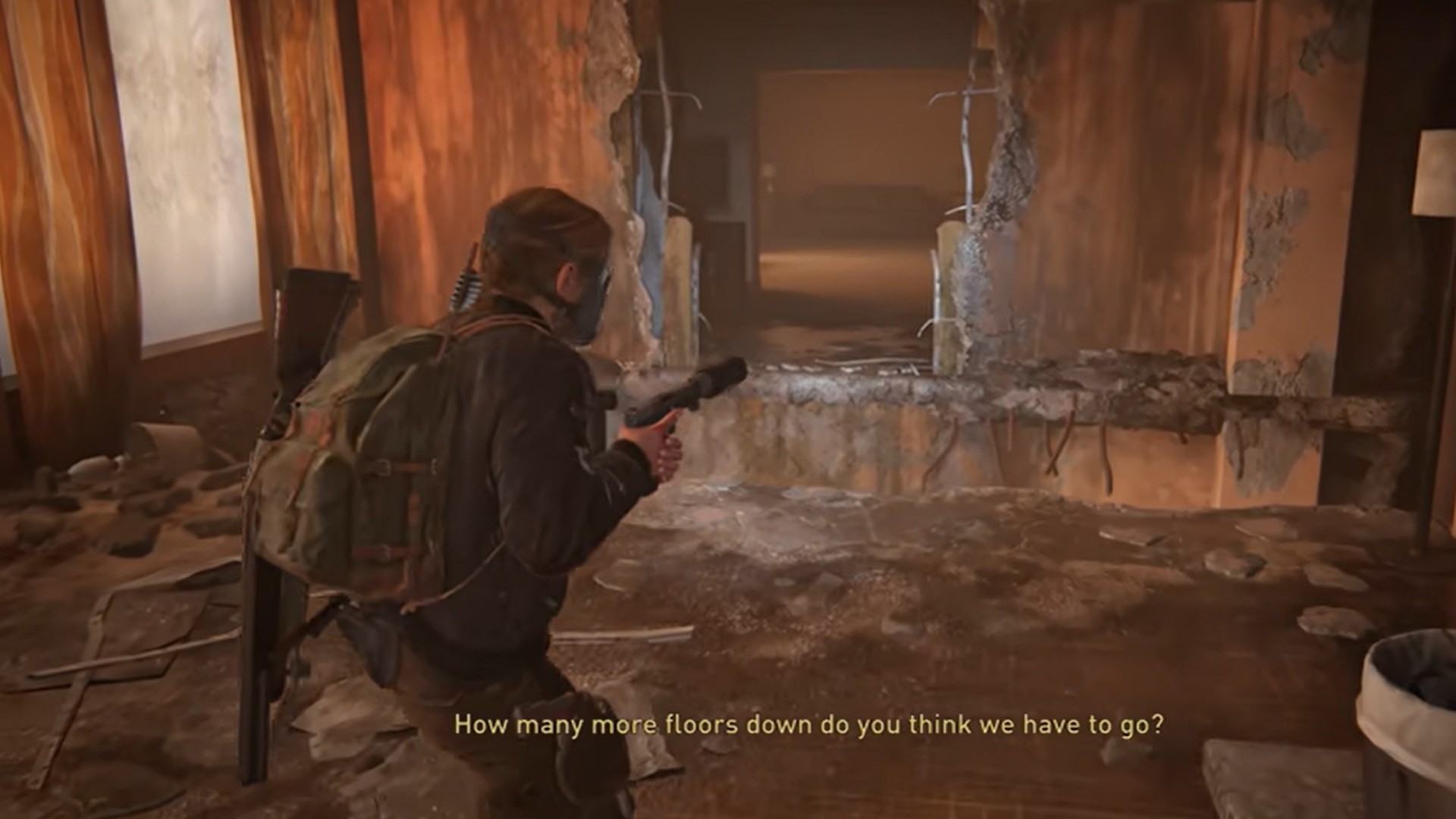It's been three years, but The Last of Us 2's terrifying Dark Souls-like level still haunts me
The Last of Us 2's scariest moment wasn't the Rat King, but the Dark Souls-inspired journey getting there

The Last of Us 2 is one of the best horror games of all time. Its core themes of death, despair, and survival amid a zombie apocalypse keep tension and terror levels high throughout, but it's also an intelligent game – one that keeps you guessing from start to finish. Three years later, I'm sure you hardly need me telling you this. But as The Last of Us Part 3 rumors circled earlier this week, I was transported back to a time of real-world uncertainty, of slaughtering scores of in-game infected, and of legging it down dark corridors with the abominable Rat King snapping at my quivering heels.
Like most fans of Naughty Dog's blockbuster survival horror series – one that's since made hugely successful cross-media strides into television – I played The Last of Us 2 at launch, during the height of lockdown measures levied by the global pandemic. At such a confusing and unsettling time in reality, that trip to the bowels of a Seattle hospital to face-off against the most fearsome Cordyceps-infected beast yet was lauded as one of the game's most disturbing and spine-chilling sequences.
For me, however, it was the mission that immediately preceded this one that scared me most – and I'm still thinking about how it evoked Dark Souls in the best/worst possible way three years on.
Ground hero


The Last of Us Part 2 review: "An astonishing, absurdly ambitious epic"
That stomach-turning encounter against the Rat King occurs in The Last of Us 2 during its 'Ground Zero' chapter, wherein Abby infiltrates the basement of the Lakehill Seattle Hospital in search of medical supplies. While hardly shying from genre tropes, the lower levels of the abandoned hospital are contextualized here as the bygone epicenter of the outbreak, and have been rendered off-limits and unexplored since the whole Cordyceps nightmare kicked off.
Before restoring the power to the building, Abby is forced to squelch through ransacked wards in a state of gross disrepair, littered with discarded gurneys, long-deceased human bodies, and still-very-active monsters. It's scary, but it's also all distinctly horror-by-numbers, as tension builds to a climax, top-ended by the aforementioned boss fight that's as much a danger to your nerves as it is your health bar. Outlive the mutant as planned, and you get treated to some non-combative, exploratory down time – a familiar tenet of the survival horror spectrum's action-to-idle swinging pendulum momentum.
The Last of Us 2's previous chapter, on the other hand, flipped that script altogether.

"I can't decide if part of what keeps The Descent so intense is the fact that you're in control of the tentative downward spiral, of success and of failure".
'The Descent', by name and by nature, kicks off with Abby and Lev sourcing gas masks and scaling the spores-heavy interior of a dilapidated multi-storey hotel. First described as a "shortcut" to reach street level by Abby herself, she and Lev quickly realize it's anything but, with huge gaping holes tearing through multiple floors, and undead hiding in every nook and cranny – sometimes literally, fused into the walls by way of slimy cocoons. The maze-like layout of each level skews visibility at every turn, making the simple act of navigating the environment so much harder than anything that's come before (or after); while the verticality of the derelict block – with myriad dead-ends, narrow catwalks, and deadly pitfalls – gives it a stomach-turning Dark Souls' Blighttown feel.
Sign up to the GamesRadar+ Newsletter
Weekly digests, tales from the communities you love, and more
I'm generally loath to make FromSoftware comparisons where they aren't merited, but all I could think about when edging Abby towards the ground here was Dark Souls' most infuriating, downward-spiraling, poison swamp-facing area. In Blighttown, your reward for hurdling its many vertical obstacles is an infectious river, a load of OP baddies, and a boss battle of mammoth proportions. In this section of The Last of Us 2, you're treated to a similar horde of venom-spouting enemies, a bastard-hard bloater, and a gauntlet that either involves emptying your entire ammo supply, or pegging it for dear life in the dark before bursting through a creaking elevator shaft to safety.
In both scenarios, reaching solid ground feels like a genuine achievement – but whereas Dark Souls is a game underpinned by vertical level design, its use here disrupts the aforementioned quiet-action-rest cycle that powers almost every single survival horror game since the early 1990s.
Making comparisons between what follows Blighttown (Demon Ruins), and TLOU 2's hotel (hospital basement) is likely a forced observation too far; but whereas the Rat King set-piece in its entirety is an obviously memorable horror scene in The Last of Us 2 – as is its many, often shocking death scenes – 'The Descent' is the one that's stuck with me most, and returns to my thoughts whenever The Last of Us re-enters the news cycle at any given time.
Given the fact that HBO's The Last of Us has changed how the Cordyceps virus is transmitted – it's no longer airborne, negating the need for gas masks – I'm interested to see how this scene unfolds on TV. While the show has stuck to its source material pretty religiously so far, it's also made some artistic nips and tucks to aid flow. To this end, I can't decide if part of what keeps The Descent so intense is the fact that you're in control of the tentative downward spiral, of success and of failure, leaving me with the question: will it even work on the small screen? Time will tell, of course. And if you need me I'll be watching from behind the sofa.
Glutton for punishment? Scare yourself with the best horror games out there right now

Joe Donnelly is a sports editor from Glasgow and former features editor at GamesRadar+. A mental health advocate, Joe has written about video games and mental health for The Guardian, New Statesman, VICE, PC Gamer and many more, and believes the interactive nature of video games makes them uniquely placed to educate and inform. His book Checkpoint considers the complex intersections of video games and mental health, and was shortlisted for Scotland's National Book of the Year for non-fiction in 2021. As familiar with the streets of Los Santos as he is the west of Scotland, Joe can often be found living his best and worst lives in GTA Online and its PC role-playing scene.


